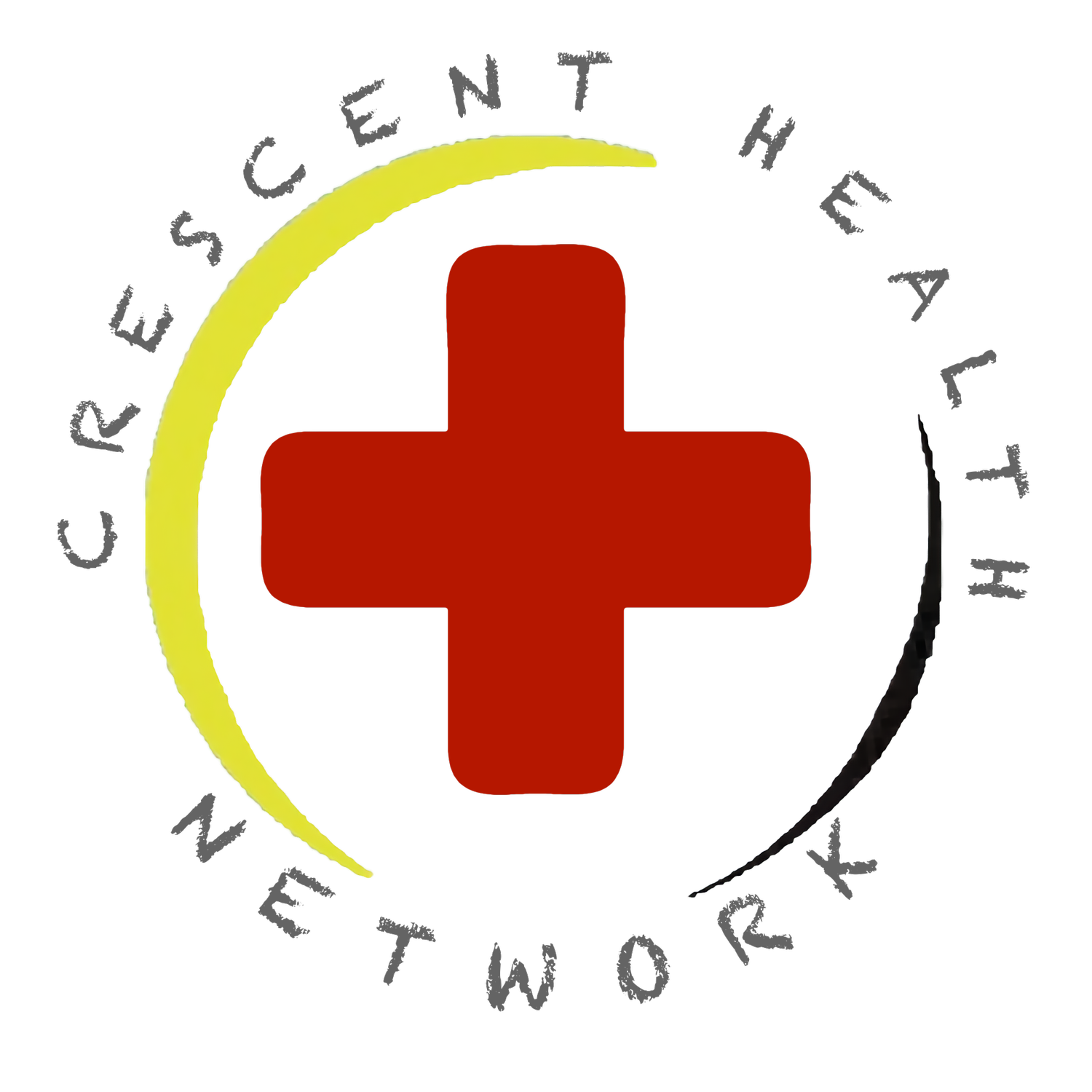
bipolar
Bipolar
Bipolar disorder is a complex mental health condition marked by extreme shifts in mood and energy levels. Individuals experience episodes of mania, characterized by elevated mood, increased activity, and impulsive behavior, alternating with periods of depression, characterized by low mood, lack of energy, and feelings of hopelessness. The disorder can impact daily functioning, relationships, and overall well-being. Treatment often involves mood-stabilizing medications, therapy, and lifestyle adjustments. Proper management aims to reduce the frequency and intensity of mood episodes, allowing individuals with bipolar disorder to lead more stable and fulfilling lives.
Panic attacks and panic disorders
Sporadic episodes marked by sudden and intense unease and chest pressure, often accompanied by a sense of losing control, characterize panic attacks. Symptoms may include heart palpitations, breathlessness, dizziness, and nausea. If left untreated, individuals might start avoiding public spaces or crowded areas due to fear of experiencing these distressing episodes.
Post-traumatic stress disorder
Post-Traumatic Stress Disorder (PTSD) is a mental health condition resulting from traumatic experiences. Symptoms include flashbacks, nightmares, avoidance of triggers, and heightened anxiety. Emotional numbness, irritability, and difficulty concentrating are common. Therapy and medication can alleviate symptoms and improve well-being.
Obsessive-compulsive disorder
Obsessive-Compulsive Disorder (OCD) is a mental health condition characterized by unwanted, repetitive thoughts (obsessions) and rituals or behaviors (compulsions) performed to alleviate anxiety. These patterns can disrupt daily life and cause distress. Treatment involves therapy and medication to manage symptoms and improve quality of life.
